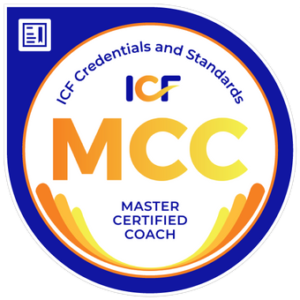
How effective are you leading your team with virtual intelligence?
Non-essential businesses have worked from home for longer than we expected. In the Pandemic from March 2020 to May 2020 work from home spiked from 31% to 65% working remotely. That’s some 100 million U.S. workers. Because of this, we have adapted to being a remote workforce.
In a survey of more than 30,000 employees half of them stated that their desire is to have a hybrid schedule–working at home sometimes, and being able to report to the office. And Gallup reports that 55% of managers say they will continue with remote work after the Pandemic.
Over 1/2 of the workforce say they prefer working from home. This adaptation will bring with it advantages, challenges, and a greater need for emotional intelligence and what I’m calling Virtual Intelligence.
As with everything in the workplace–and life–there are challenges. Let’s look at 3 factors of leading with Virtual Intelligence below.
First, as a leader, create a work at home success factors checklist. You might even do an office audit together.
From my 10+ years work at home experience as a professional coach and trainer here’s several success factors I recommend.
1. Create a dedicated office space if possible with a door for privacy, security, and a quiet space with natural lighting.
2. Arrange for childcare, pet care, and in my situation when the grandkids are visiting. This may require support from others.
3. Write out your ideal work-life calendar. When will you wake up, have morning routine, breakfast, working out, breaks, lunch, work hours, and end of day rituals.
4. Dress for success. Yes take your shower, ladies put your makeup on, and enjoy dressing in a way that is comfortable, and produces a positive productive mindset.
5. Design your office with mind ergonomics. Proper lighting, best video camera, computer proximity, uncluttered desk, motivational Feng shui, and my favorite – stand up desk.
Leaders and managers with the strength of Arranger® can really help their teams set up a successful work at home environment.
What else would you place on the work at home success factors checklist? Please share your comments below.
Second, you need to clarify work at home expectations with your team.
Will job requirements and duties be the same? Will you require attendance to scheduled 1:1’s and team huddles? When and how will you interact with your team? Will you require or strongly suggest the use of video for meetings.
By the way, I highly recommend that you set the expectation that your team use video especially for team meetings. Your people will need to practice being on camera so that they can be more confident in communication skills. How will you hold your team accountable for productivity?
Leaders and managers with the strength of Focus® can really help their team clarify expectations and priorities.
Finally, virtual intelligence requires emotional intelligence.
Being self-aware recognizing your own emotions, needs, and struggles. How can you model healthy well-being by putting your oxygen mask on first. Show your team with confident vulnerability how to be a human being as well as human doing.
Emotional intelligence also requires being able to have empathy for your team. That means recognizing their emotions, needs, and challenges. Being open and flexible to their uncertainties. Also being proactive to help your team manage their mental health, their relationships, and providing resources.
Many are “zoomed out” and there are distractions, background noises, and the unknowns when working from home. As the leader it is your responsibility to design and deliver engaging training sessions that overcome the distractions. Or you can invite me to do some workplace training for you and your team. Download my workplace training brochure here.
Those with the Relator® strength may miss stopping by someone’s desk to check in with them and chat briefly. With a remote workforce, that becomes impossible. It’s important to be intentional in connecting with virtual intelligence. Remote workers have cited feeling isolated and disconnected from their co-workers. However, there are tools you can use and ways you can be intentional so no one is left feeling isolated.
As a leader this requires increased virtual intelligence to lead, manage, and develop your team.
While these challenges demand change and innovation, there are also advantages. We’ll talk more about that in our next blog.
If you’re ready to refine your virtual intelligence schedule your free Ask Brent Anything call.





